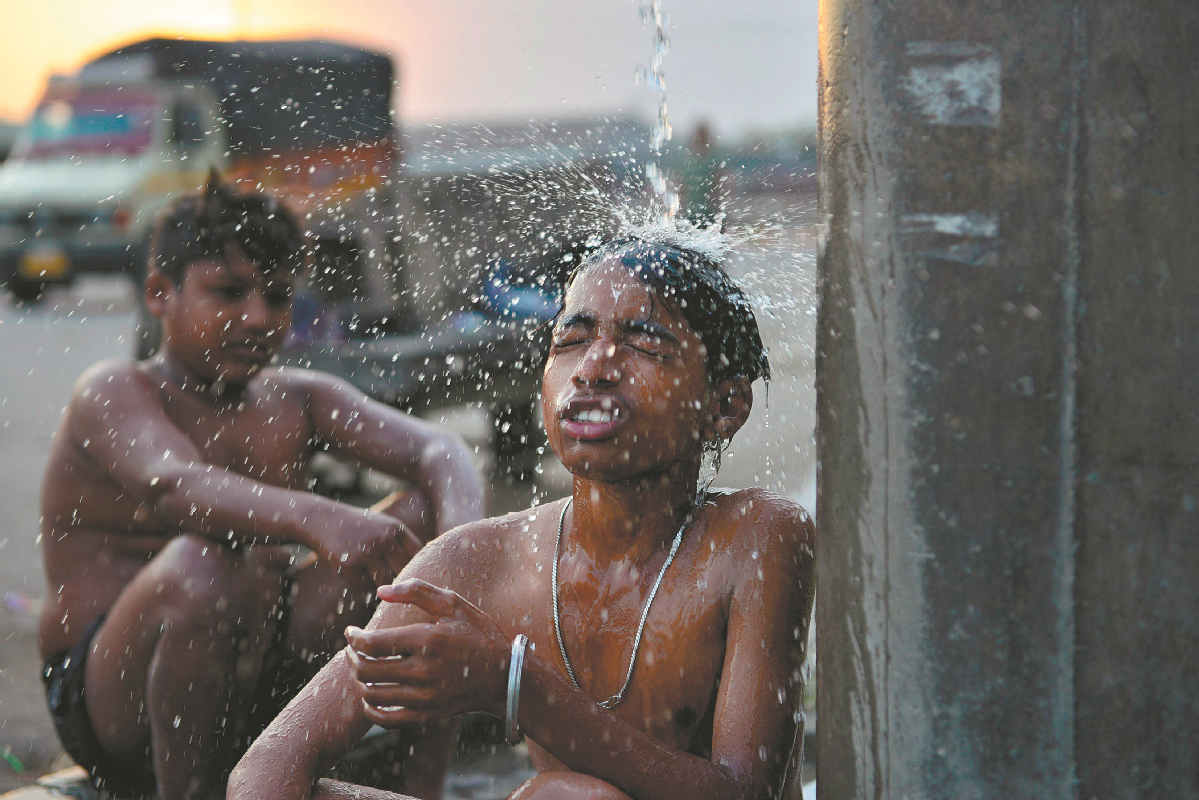Heat waves across Asia stoke health concerns, food security fears
Record temperatures affect people's daily lives, have impact on agriculture, highlight climate change challenges






Bigger issue
Soma Sen Roy, a scientist at the IMD, said the heat wave stemmed from a combination of factors, including El Nino.
Sunita Narain, director-general of the New Delhi-based Centre for Science and Environment, said at a recent Economic and Social Commission for Asia and the Pacific roundtable that "temperatures in Delhi have remained abnormally high over the last two months".
"Scientists are now very clear that the abnormally long duration of high temperatures in Delhi and the intensity of the heat wave are linked to climate change," said Narain.
There are multiple factors leading to the extreme heat in South Asian and Southeast Asian regions but climate change remains in the background, said William Yu, founder and CEO of the World Green Organization, an NGO based in Hong Kong.
Two years ago, the UK Met office warned that the probability of record-breaking heat hitting India and Pakistan had increased 100 fold due to climate change.
Yu said that due to economic constraints people living in tropical areas often do not have sufficient cooling facilities or ventilation indoors. As for outdoor workers, they need to keep themselves hydrated and take regular breaks to avoid heatstroke, he said.
"Inaction on climate change is intolerable now, given the various calamities across the world this year, including flooding in the Middle East, Brazil and Afghanistan, and drought and extreme heat in many other places," he said.
Green finance is very important to addressing the issue of adaptation and to building climate resilience for the common good of humanity, Yu added.
Jayanta Basu, an Indian environmentalist and convener of the Kolkata Climate Action Plan, said the time has come to prepare long-term and short-term plans to address high heat for vulnerable regions of India, taking into consideration various factors
"The most important thing is that heat mainly affects the poor and marginalized as they often have to work under heat stress conditions. They should take priority in planning linked to heat-related resilience," he said.




















